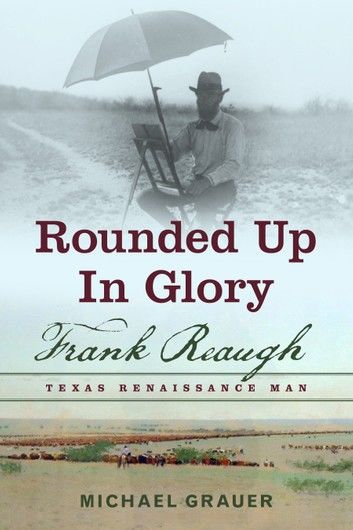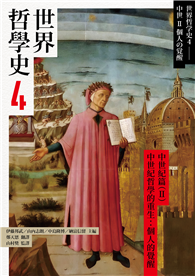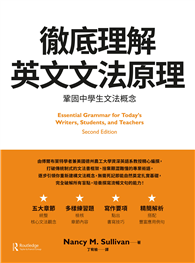| FindBook |
有 1 項符合
Rounded Up in Glory的圖書 |
 |
Rounded Up in Glory 作者:Michael Grauer 出版社:University of North Texas Press 出版日期:2016-08-15 語言:英文 |
| 圖書選購 |
| 型式 | 價格 | 供應商 | 所屬目錄 | 電子書 |
$ 692 |
藝術家、建築師與攝影師 |
|---|
| 圖書館借閱 |
| 國家圖書館 | 全國圖書書目資訊網 | 國立公共資訊圖書館 | 電子書服務平台 | MetaCat 跨館整合查詢 |
| 臺北市立圖書館 | 新北市立圖書館 | 基隆市公共圖書館 | 桃園市立圖書館 | 新竹縣公共圖書館 |
| 苗栗縣立圖書館 | 臺中市立圖書館 | 彰化縣公共圖書館 | 南投縣文化局 | 雲林縣公共圖書館 |
| 嘉義縣圖書館 | 臺南市立圖書館 | 高雄市立圖書館 | 屏東縣公共圖書館 | 宜蘭縣公共圖書館 |
| 花蓮縣文化局 | 臺東縣文化處 |
|
|
圖書介紹 - 資料來源:樂天KOBO 評分:
圖書名稱:Rounded Up in Glory
Frank Reaugh (1860-1945; pronounced "Ray") was called "the Dean of Texas artists" for good reason. His pastels documented the wide-open spaces of the West as they were vanishing in the late nineteenth century, and his plein air techniques influenced generations of artists. His students include a "Who's Who" of twentieth-century Texas painters: Alexandre Hogue, Reveau Bassett, and Lucretia Coke, among others. He was an advocate of painting by observation, and encouraged his students to do the same by organizing legendary sketch trips to West Texas. Reaugh also earned the title of Renaissance man by inventing a portable easel that allowed him to paint in high winds, and developing a formula for pastels, which he marketed. A founder of the Dallas Art Society, which became the Dallas Museum of Art, Reaugh was central to Dallas and Oak Cliff artistic circles for many years until infighting and politics drove him out of fashion. He died isolated and poor in 1945. The last decade has seen a resurgence of interest in Reaugh, through gallery shows, exhibitions, and a recent documentary. Despite his importance and this growing public profile, however, Rounded Up in Glory is the first full-length biography. Michael Grauer argues for Reaugh's importance as more than just a "longhorn painter." Reaugh's works and far-reaching imagination earned him a prominent place in the Texas art pantheon.
|










